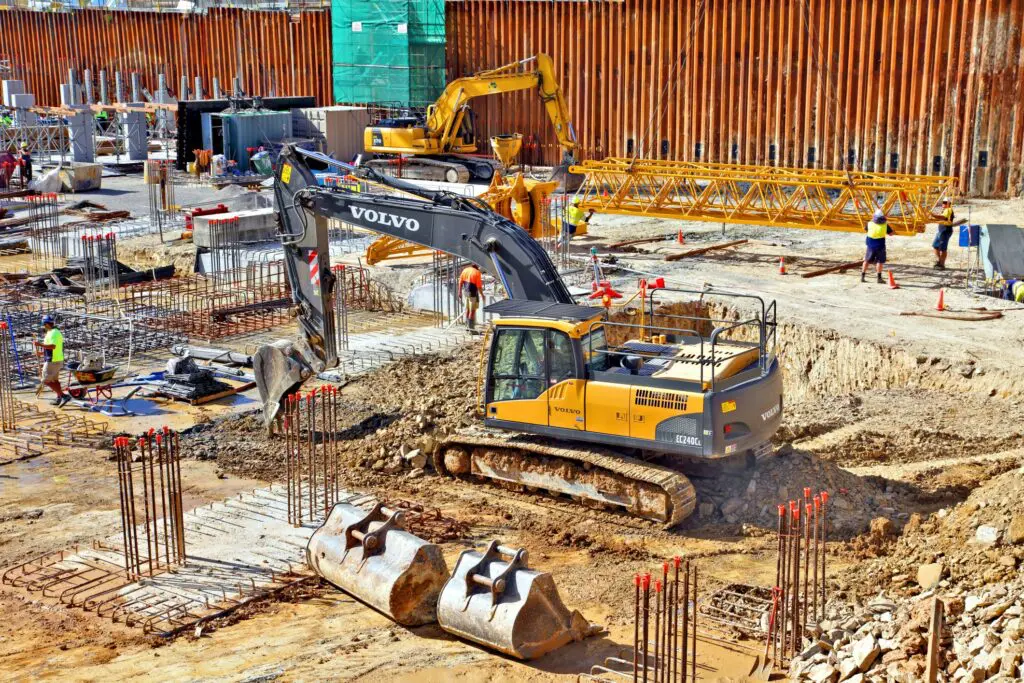UK: Pollution liability cover
Introduction
This is the fifth article in our series looking at TPL insurance for the construction industry. We will be looking at the cover provided under TPL policies for pollution liabilities.
Historical cover for pollution liabilities
Until the early 1990s, most PL policies were not restricted in relation to pollution liabilities. However, at this time the UK enacted new legislation (The Environmental Protection Act 1990) which created more onerous liabilities for the remediation of pollution, following the “polluter pays” philosophy. This change in the legal environment prompted a change in approach from the insurance industry. The ABI developed a standard pollution exclusion, which restricted cover to damages arising from “a sudden, identifiable, unintended and unexpected incident, which takes place in its entirety at a specific time and place.” The effect of this exclusion was to remove cover for gradual seepage losses.
Bartoline extension
In the early part of this century, the courts were asked to consider a case under the ABI pollution wording. The claimant, Bartoline, owned and operated a manufacturing facility that produced organic chemicals. A fire resulted in the pollution of local watercourses and the Environment Agency (EA) sought to recover the cost of remediation from Bartoline. The claim was declined by the TPL insurer, RSA, and the court agreed that the loss did not constitute damages as required by the ABI wording. Instead, the EA’s claim against Bartoline was deemed to be a statutory debt and therefore this represented an uninsured liability.
The insurance market quickly adapted to offer a solution, commonly referred to as a Bartoline extension, which extended the cover beyond simple damages to include statutory debt.
Notwithstanding this improvement, there remain some key pollution risks that are uninsured under TPL policies:
- Gradual pollution and contamination
- Complimentary and compensatory damages under the EU’s Environmental Liability Directive
- Cost of cleaning up own premises (as this is not a third-party liability)

Distinction between “sudden and accidental” and “gradual” pollution incidents:
Background
A main contractor has an on-site diesel tank to refuel construction plant and equipment.
Sudden & Accidental
Whilst approaching to refuel, a telehandler slides out of control and the forks penetrate the tank. The ensuing fuel spill enters a local watercourse, rapidly spreading downstream and killing local flora and fauna.
Gradual
Over a period of 24 months, the contractor fails to implement a robust maintenance regime and housekeeping procedures. The tank corrodes and the steady leakage of diesel into the soil is not identified. The diesel penetrates a local aquifer, tainting the potable water supply.
Conclusion
Insureds that are concerned about these exposures can obtain additional protection by purchasing an environmental impairment liability (EIL) policy.
Previous articles
- Introduction to TPL insurance
- Products liability & completed operations liability
- Contractual liability cover
- Financial loss
The information contained herein is based on sources we believe reliable and should be understood to be general risk management and insurance information only. The information is not intended to be taken as advice with respect to any individual situation and cannot be relied upon as such.